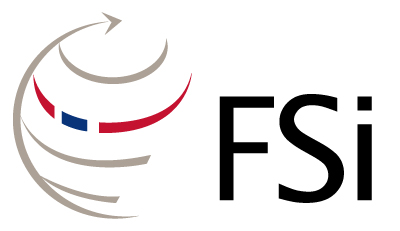Many years ago pilot training programs focused almost exclusively on the technical aspects of flying, on an individual pilot’s performance and problem solving capabilities. Apart from high levels of automation, accident statistics show that many problems encountered by flight crews today have had very little to do with the technical aspects of flying. To improve the safety of flight, training priorities have shifted from operating independently in a multi-crew environment to one of problem solving and using all available resources.
Crew Resource Management (CRM) concepts are not designed to challenge the authority of a captain or other forms of leadership, but rather they promote the ability to utilize all available resources to maintain a high degree of human and technical proficiency that is essential for safe and efficient flight operations. A high degree of technical proficiency alone cannot guarantee safe operations. Studies have shown that marrying technical proficiency with effective crew co-ordination will provide the best opportunity for a successful flight.
The acceptance of CRM concepts has been shown to provide synergy, which is the combined effect of teamwork on the flight deck that will exceed the sum of individual actions. The results of flight deck synergy would be the mathematical equivalent of 1+1=3.
Pilots must have training, practice, feedback and continuing CRM reinforcement for the concepts to be effective. It is unrealistic to expect an abbreviated training curriculum to enhance years of performance programming.
Management support of individuals who attempt to act in accordance with learned CRM principles will help its success. CRM practices should also be incorporated into Flight Operations manuals and Standard Operating Procedures to provide crews with necessary policy and procedures guidance.
